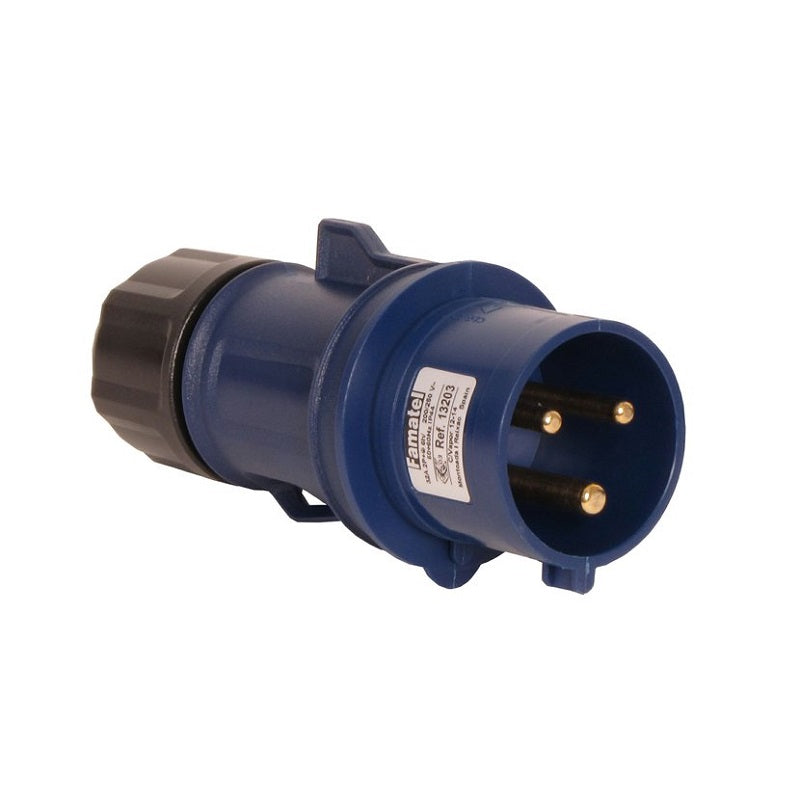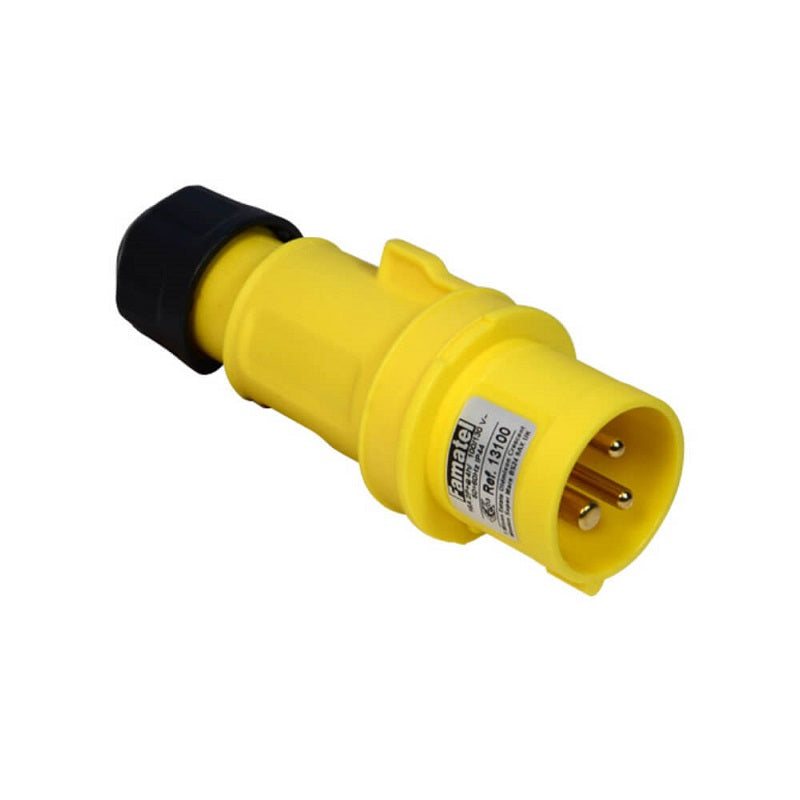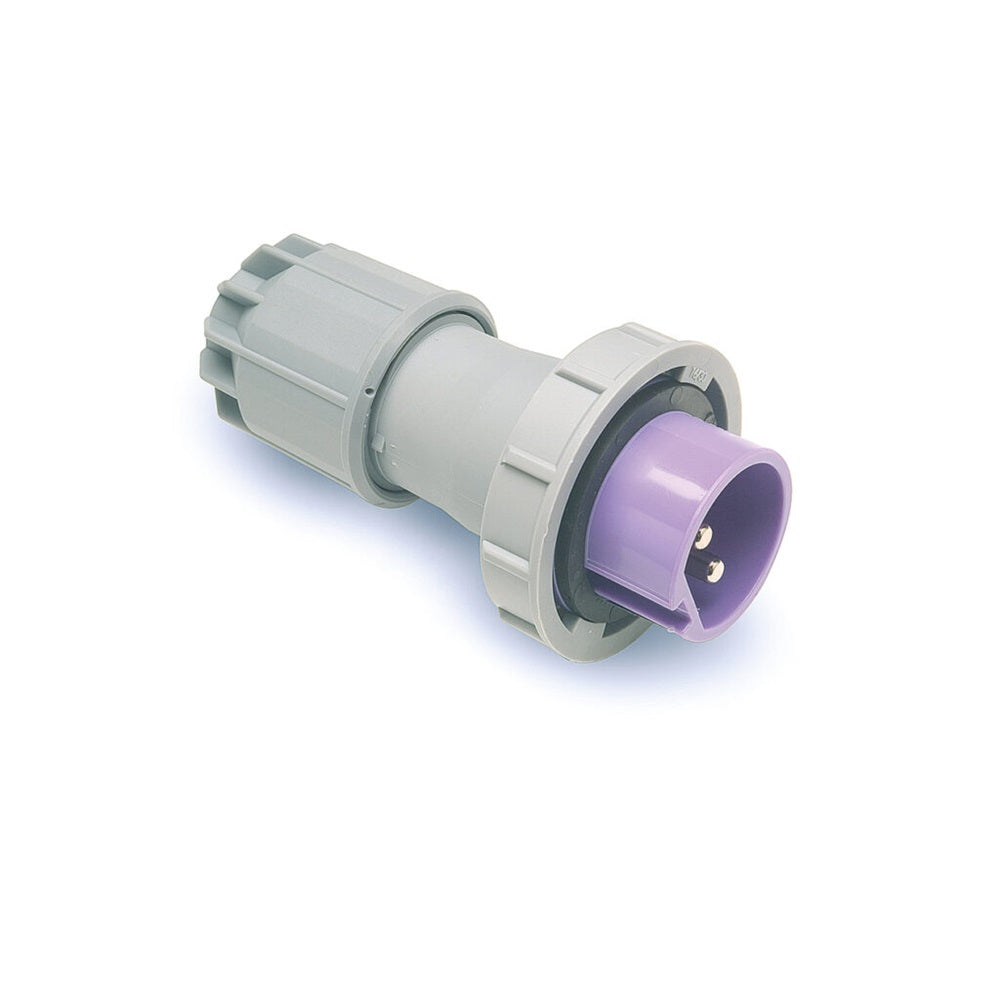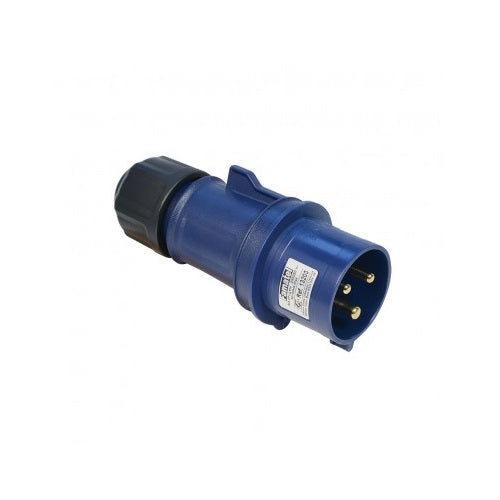When selecting electrical products, one key factor to consider is their Ingress Protection (IP) rating. IP ratings indicate how well an electrical device is protected against environmental factors like dust and water. Understanding these ratings is crucial for ensuring the safety and longevity of your electrical installations. Here’s a breakdown of what IP ratings mean and why they are important for your electrical systems.
What Are IP Ratings?
IP Ratings Defined: IP ratings are defined by the international standard IEC 60529. They consist of two digits that represent the level of protection provided by the enclosure of electrical equipment against solid objects and liquids.
First Digit – Protection Against Solid Objects: The first digit indicates the level of protection against solid particles like dust. It ranges from 0 (no protection) to 6 (dust-tight).
Second Digit – Protection Against Liquids: The second digit denotes the level of protection against liquids, such as water. It ranges from 0 (no protection) to 9K (protected against high-pressure, high-temperature water).
Understanding IP Ratings: A Closer Look
IP00: No protection against solid objects or liquids. This rating is typically not used for electrical installations.
IP20: Protected against solid objects greater than 12mm in size (e.g., fingers) but no protection against liquids. Suitable for indoor use in dry environments.
IP44: Protected against solid objects larger than 1mm (e.g., tools, wires) and water splashes from all directions. Ideal for indoor and some outdoor environments where water exposure is limited.
IP65: Dust-tight and protected against water jets from any direction. Suitable for outdoor environments where dust and rain exposure are common.
IP67: Dust-tight and protected against temporary immersion in water up to 1 meter. Ideal for harsh outdoor environments or applications where devices might be submerged.
IP69K: Dust-tight and protected against high-pressure, high-temperature water jets from all directions. Designed for very demanding environments, such as industrial settings.
Why IP Ratings Matter
Safety: Proper IP ratings ensure that electrical devices are protected from dust and moisture, reducing the risk of electrical faults and potential hazards. For example, an IP65-rated product can safely be used outdoors in rainy conditions.
Durability: Devices with appropriate IP ratings are built to withstand environmental conditions, leading to longer product life and reduced maintenance costs. This is especially important for installations in challenging environments like construction sites or marine settings.
Compliance: Many building codes and regulations require specific IP ratings for electrical installations to meet safety standards. Ensuring that your products have the correct IP rating helps you comply with these regulations and avoid legal issues.
Performance: Devices with suitable IP ratings perform reliably in their intended environments. Using equipment with too low an IP rating can lead to failures or malfunctions, impacting overall system performance.
Choosing the Right IP Rating for Your Needs
Assess the Environment: Determine the environmental conditions where your electrical equipment will be used. Consider factors like exposure to dust, water, and other elements.
Match the IP Rating: Select products with IP ratings that match the environmental conditions. For instance, outdoor lighting fixtures should typically have an IP rating of at least IP44, while equipment used in wet environments may need an IP67 rating.
Consult the Manufacturer: Always check the manufacturer’s specifications for the IP rating and ensure that it meets your installation needs. Manufacturers often provide detailed information on how their products perform in various conditions.
By understanding and selecting the appropriate IP ratings for your electrical installations, you can ensure greater safety, durability, and performance for your equipment. Whether you’re setting up indoor or outdoor systems, choosing products with the right IP rating will help protect your investment and keep your installations running smoothly.








